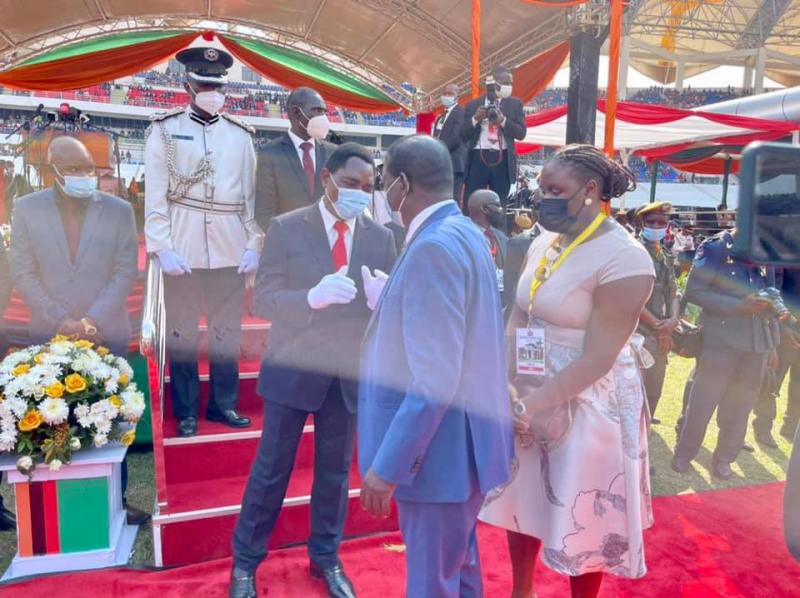×
The Standard e-Paper
Kenya’s Boldest Voice

Opposition leader Raila Odinga is taking the battle for next year’s General Election outside the borders, riding on his ballooning network of friends who are assuming seats in their respective country’s top seats of power.
With full awareness of the importance of regional networks, Raila is nowadays not missing any chance to affirm his place as a Kenyan statesman who has come of age, and whose time has come.